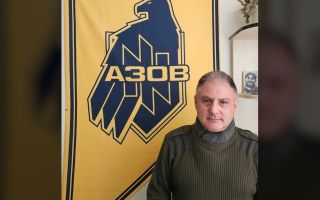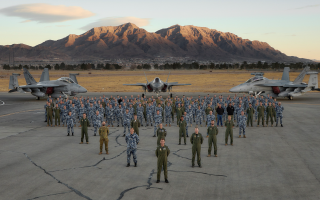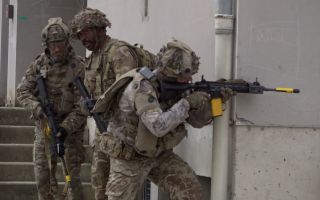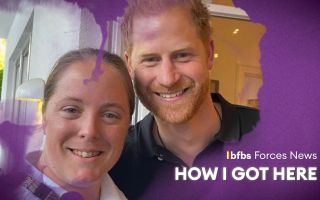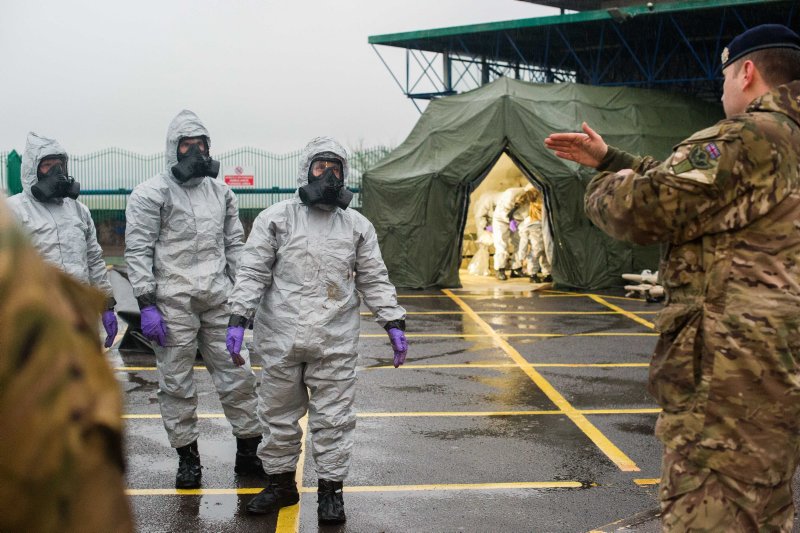
Russia Claims British Special Services Could Have Been Behind Spy Poisoning

The Russian Foreign Ministry said British special services could have been behind the poisoning of a former Russian spy in Salisbury.
Britain has accused Russia of a nerve agent attack on former double agent Sergei Skripal and his daughter Yulia.
Russia has fiercely rejected the accusations, calling them baseless.
More than 20 nations have expelled over 130 Russian diplomats this week in a show of solidarity with Britain.
Russia denounced the actions as "boorish" and pledged to retaliate.
The Russian Foreign ministry's claim of "possible involvement" of British special services in the poisoning marks Moscow's bluntest claim yet of alleged British foul play.
British officials have previously rejected such Russian claims as nonsense.
Moscow said the British failure to provide evidence suggests the poisoning was a "major political provocation".
It comes after US Defence Secretary Jim Mattis made claims that the poisoning of a former Russian spy and his daughter in Britain amounts to "attempted murder" by the Russian government.
In remarks to reporters at the Pentagon, Mr Mattis said the attack - which has triggered a worldwide wave of expulsions of Russian diplomats - involved the "pretty obvious" use of a chemical agent.
Asked whether this amounted to an act of war, Mr Mattis said it is part of a pattern of Russian actions that President Vladimir Putin apparently believes can be plausibly denied.
Mr Mattis cited as examples Russia's 2014 annexation of Crimea and its military intervention in eastern Ukraine, as well as its interference in the 2016 US presidential election.
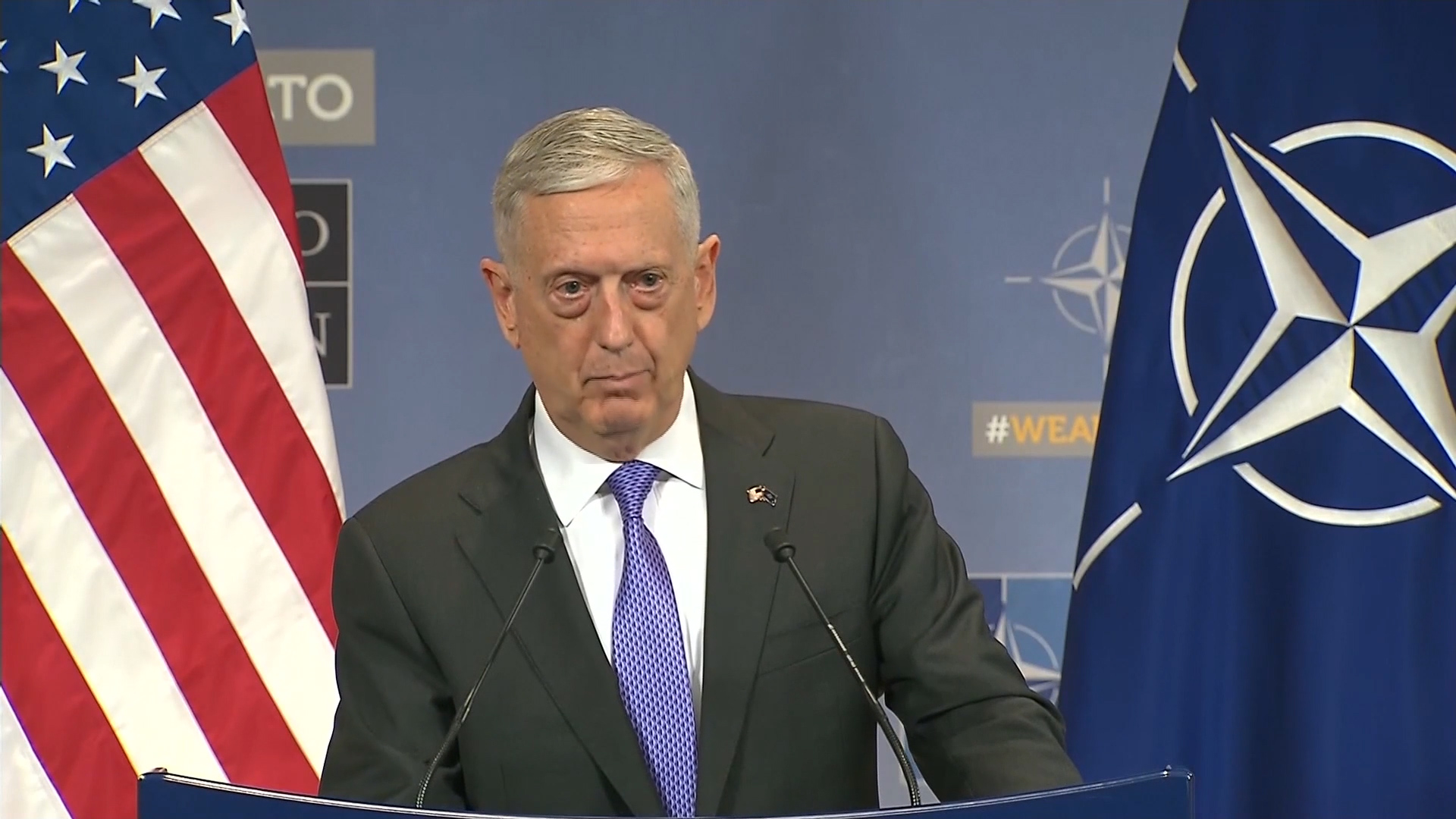
The retired Marine General and former senior NATO Commander said he could recall a time when the US and Russian militaries were training together for international peacekeeping missions amid hope of a post-Cold War partnership.
He said:
"That regrettably, by Russia's choice, is now a thing of the past."
"Russia has chosen to be a strategic competitor, even to the point of reckless activity."
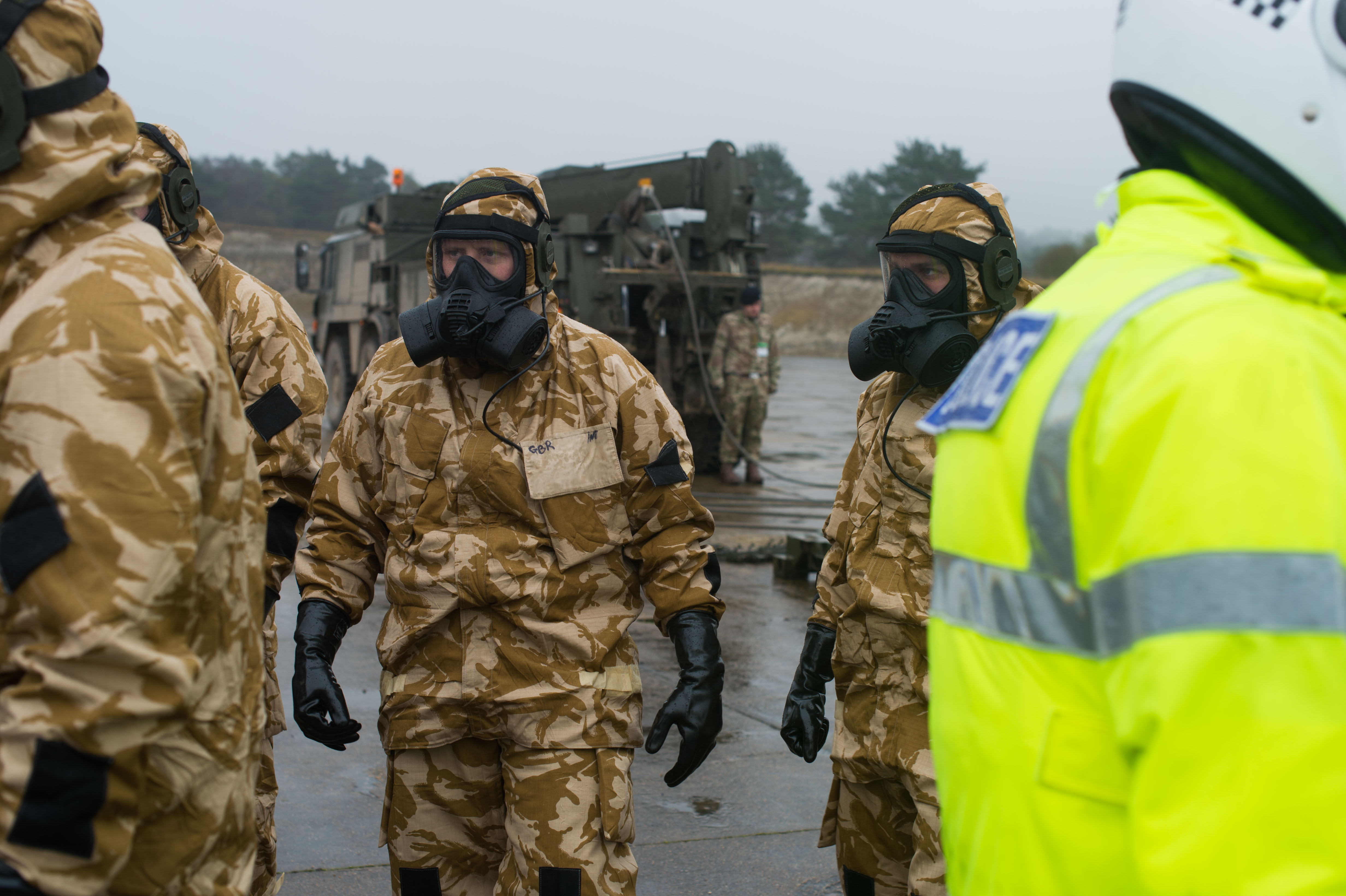
"That's the only thing it can be called to the innocent people in Salisbury who were exposed, and possibly to the extent of being murdered by this stuff."
Pressed to be more specific in his accusation, Mr Mattis said:
"Attempted murder of a man and his daughter. How's that for starters?"
"They are doing things they think are deniable," he said. "So they're trying to break the unity of the Western alliance.”
More than 20 countries on Monday announced they were expelling a total of more than 130 Russian diplomats in response to the Salisbury attack.
Mr Mattis highlighted Nato's response, which carried undertones of Cold War-like tension, but declined to say what role he believes Mr Putin had in the Salisbury attack and other actions designed to divide the West.
"I won't speculate. Certainly he's responsible as the head of state. We all can draw our own conclusions."
US President Donald Trump spoke by phone with the leaders of two key NATO allies on Tuesday - French President Emmanuel Macron and German Chancellor Angela Merkel.
The White House said that in both conversations the leaders expressed support for the West's response to the Salisbury poisoning, including NATO’s expulsion of Russians.





